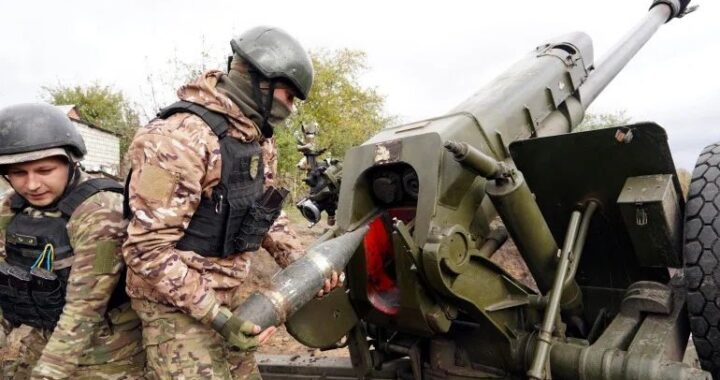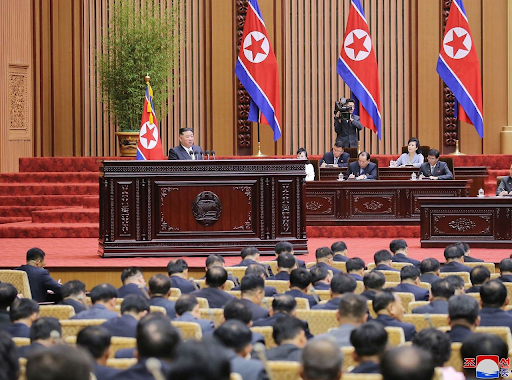
Weekly Recap: Oct 3 to Oct 9
Oct 10: Ukraine recaptures 2,400 square kilometres of territory, US President Joe Biden pardons thousands for simple marijuana possession, Israeli forces kill two teenage Palestinian protestors

Oct 10: Ukraine recaptures 2,400 square kilometres of territory, US President Joe Biden pardons thousands for simple marijuana possession, Israeli forces kill two teenage Palestinian protestors

Oct 3: Russian President Vladimir Putin proclaims annexation of four partially occupied Ukrainian regions, Nicaragua cuts diplomatic ties with the Netherlands over interventionist concerns, Turkey calls back Greek ambassador in protest over Greek deployment of US armoured vehicles along Turkish coast.

Should the people be the greatest arbiters of political decision-making? Here I discuss the inherent paradox of both direct and representative democracy. How the rise of folk politics impairs the processes of the former and threatens to alienate the electorate from the political decision-making process in the latter.

Sept 26: Rightist Giorgia Meloni becomes Italy’s first female prime minister on Sunday (Sept 25), As protests over the death of Mahsa Amini in police custody flared, Iran restricts access to various social media platforms on Wednesday (Sept 22), Secretary of State Antony Blinken and Chinese Foreign Minister Wang Yi meet on Friday (Sept 23) to contain the rising tensions on Taiwan.

By 2050, the proportion of the world’s population that is over 60 years old will nearly double from 12 per cent in 2015 to 22 per cent. Now, countries are making a technological shift: more incorporation of technology in people’s livelihoods, more reliance on technology, and more usage of technology to improve the lives of everyone. But, if the world’s ageing population is increasing in numbers, will this technological shift leave this vulnerable group of people out? Here is how Homage, a caregiving startup, makes use of technology in a way that is truly for the good of society.

Sept 19: Hundreds killed in deadliest Azerbaijan and Armenia border clashes since 2020, Chinese delegation banned from attending Queen Elizabeth II’s lying in state, Five soldiers killed in Israeli airstrike on Syria’s Damascus International Airport.

On July 5, 2022, Prime Minister Ranil Wickremesinghe declared that Sri Lanka was bankrupt. Days later, protesters stormed his office as well as former President Gotabaya Rajapaksa’s, forcing him to flee and eventually resign. What did the government do to attract the ire of Sri Lankans? How did a vibrant trading and tourism hub become a failed state? Ryan from The IAS Gazette investigates the series of unfortunate events that led to Sri Lanka’s economic crisis.

Sept 12: North Korea passes law cementing its right to use preemptive nuclear weapons for self-defence last Thursday (Sept 8), US pledges another US$2.6 billion (S$3.64 billion) in new aid for Ukraine and allies, and led its allies to reaffirm their commitment to Ukraine, Queen Elizabeth II passes away aged 96, her son Charles III ascends to the throne last Thursday (Sept 8).

Sept 5: Colombia and Venezuela restore full diplomatic relations, The United Nations (UN) releases long-awaited report confirming allegations of abuse in Xinjiang, Russia’s Gazprom indefinitely suspends natural gas flows.

Scientists have been raising the alarm on climate change since the late 1950s, increasing the severity of concern especially in recent years. True to human nature’s propensity to procrastinate, the deadly two degree increase in global temperatures is rapidly approaching. Claire from the IAS Gazette investigates the buzz around ‘Clean Energy’ to see if it is truly a saving grace or another perfunctory performance by world leaders.